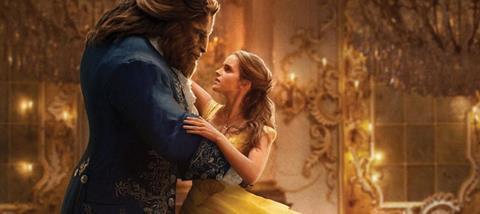
As a gay Christian who holds to a traditional understanding of marriage, I often find myself defending the traditional view from the accusation of homophobia. Unfortunately, actions like the suggested boycotts of Beauty and the Beast make this very hard.
This boycott reeks of hypocrisy. I struggle to think of mainstream films which portray heterosexual relationships in a biblical way – yet we don’t hesitate to curl up and watch Bridget Jones or tune into EastEnders. To draw the line at a gay character is absurd and presents a terrible image of what the Church is about.
When I came to faith through a church youth group I desperately wanted to tell my new friends that I was gay, but had no idea how they would react. I eventually summoned up the courage to talk to someone. We’ll call her Alice.
Having opened up to her about the fact I was attracted to guys, Alice told me that she didn’t think she could be friends with me anymore. She told me that every time a gay person came on TV, whether a chat show host, or fictional character, her parents simply switched channels or turned it off.
Because of this, Alice had grown up believing she should cut off all interaction with gay people. In reality, I think her parents would have been appalled by this – they had always been welcoming and loving to me, even when my views differed significantly from their own. But the damage was done.
Boycotting this film suggests Christians are offended by the existence of gay people – even if that’s not how the boycotter intends it. We need to be aware of how our actions and throwaway comments will be perceived. If Alice’s parents had taken time to talk about their beliefs and why they believed what they believed rather than just turning the TV off when gay people were on, I think her reaction would have been much more pastoral and measured.
Her reaction, a complete cutting off, was hugely painful to me in my vulnerable and fragile state. It wasn’t the theology that hurt me. It was the way of reacting and treating me as a gay person. I’m so grateful that my story of faith didn’t end at that point – it easily could have.
Of course we need to be distinctive and recognise where scripture differs from our culture. But we need to do this in a way that models love and friendship, not alienation and hypocrisy.
If you choose not to see the film or stop your children from seeing it, that is your prerogative. But you should ask yourself, would I do the same for a film in which pre-marital heterosexual sex is shown (or implied)? Rather than the turn-off-the-TV approach, perhaps we should see the movie with our children, then have an honest conversation about the scene in question, if necessary?
Our children are growing up in a society where gay relationships are a given. We need to prepare our children for the real world, rather than try to pretend that LGBT issues don’t exist, either in Disney films or in real life.




























